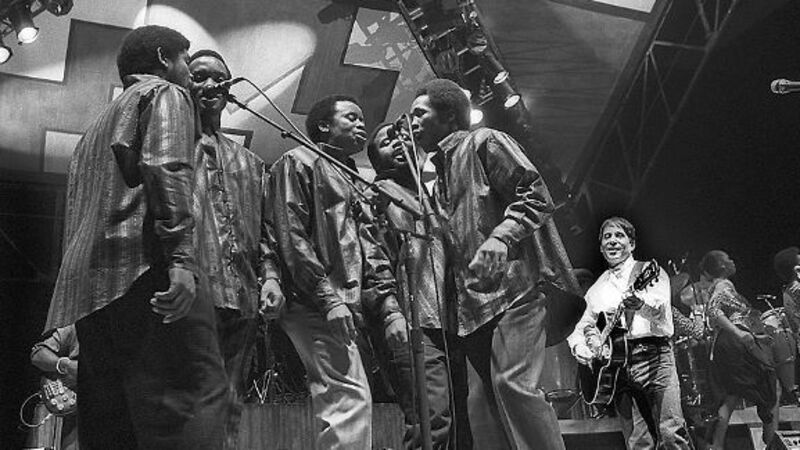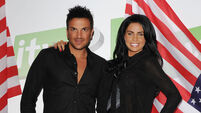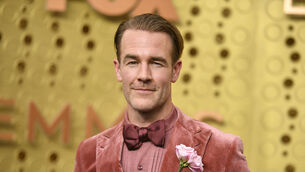Graceland: the acclaim and the outrage

On Aug 27, 1986, the Warner label hosted a major event at the Mayfair Theatre in London to mark the release of Paul Simon’s adventurous new album, Graceland. We were given lunch, listened to the new work, and presented with a package that included a cassette, an LP and a CD. And then we were invited to question Simon himself (a ‘small, vulnerable-looking and boyish’ figure, as I noted at the time) about the project.
This is when the PRs must have become worried, for the questions gradually switched from the flattering to the political. The album was naturally well-received — after all, it was a brave departure by a best-selling singer-songwriter, who had already shown a fascination for global styles earlier in his career, by recording in Jamaica (a rare move back in the ‘70s) and working with South American musicians. This time, he had been even bolder, recording several of the tracks in South Africa with black musicians who were then little-known in the west. But as Simon knew all too well, this was a highly controversial move, because South Africa was still a white-run apartheid state, and many other western musicians were playing an active role in trying to bring the system to an end.










